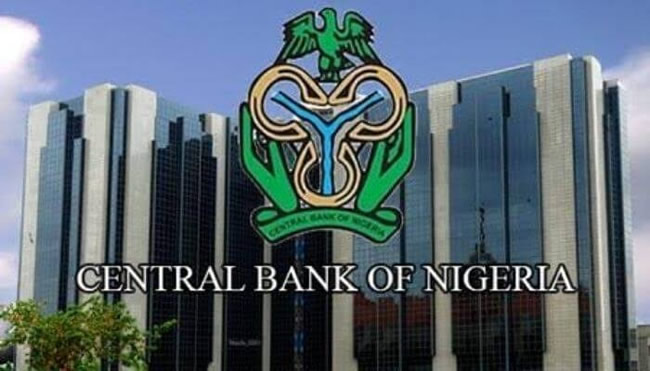
Total assets of the Nigerian banking industry rose by 25.12 per cent in one year to N77.59tn as of the end of February 2023.
The Central Bank of Nigeria disclosed this in the personal statement made by the Deputy Governor, Financial System Stability Directorate, CBN, Aishah Ahmad, at the last Monetary Policy Committee meeting.
She said, “Key industry aggregates also continued year-on-year upward trajectory with total assets rising by 25.12 per cent to N77.59tn in February 2023 from N62.01tn in February 2022, while total deposits rose to N49.36tn from N39.38tn over the same period.
“Industry credit also increased by N4.98tn between end-February 2022 and end-February 2023, with significant growth in credit to manufacturing, general commerce, and the oil & gas sub-sectors. Notably, this impressive increase was achieved with continued decline in non-performing loans ratio.”
According to her, capital adequacy and liquidity ratios were strong at 13.70 and 43.10 per cent in February 2023, respectively, with non-performing loans ratio at 4.2 per cent over the same period, compared with the prudential benchmark of 5.0 per cent.
Notwithstanding the strong financial system fundamentals and satisfactory stress test results, she said, the Bank must remain vigilant and proactively manage emerging risks to financial system stability, especially with the challenging global economic and financial environment.
She said, “The optimism of continued positive output growth was further buttressed by sustained stability of the financial system, despite heightening global headwinds and domestic vulnerabilities.
“A comprehensive review and stress testing of the Nigerian banking system by Bank’s staff, to assess the impact of continued rate hikes by the MPC, recent bank failures in the US and Switzerland, and other idiosyncratic risks, shows robustness of the financial system.





